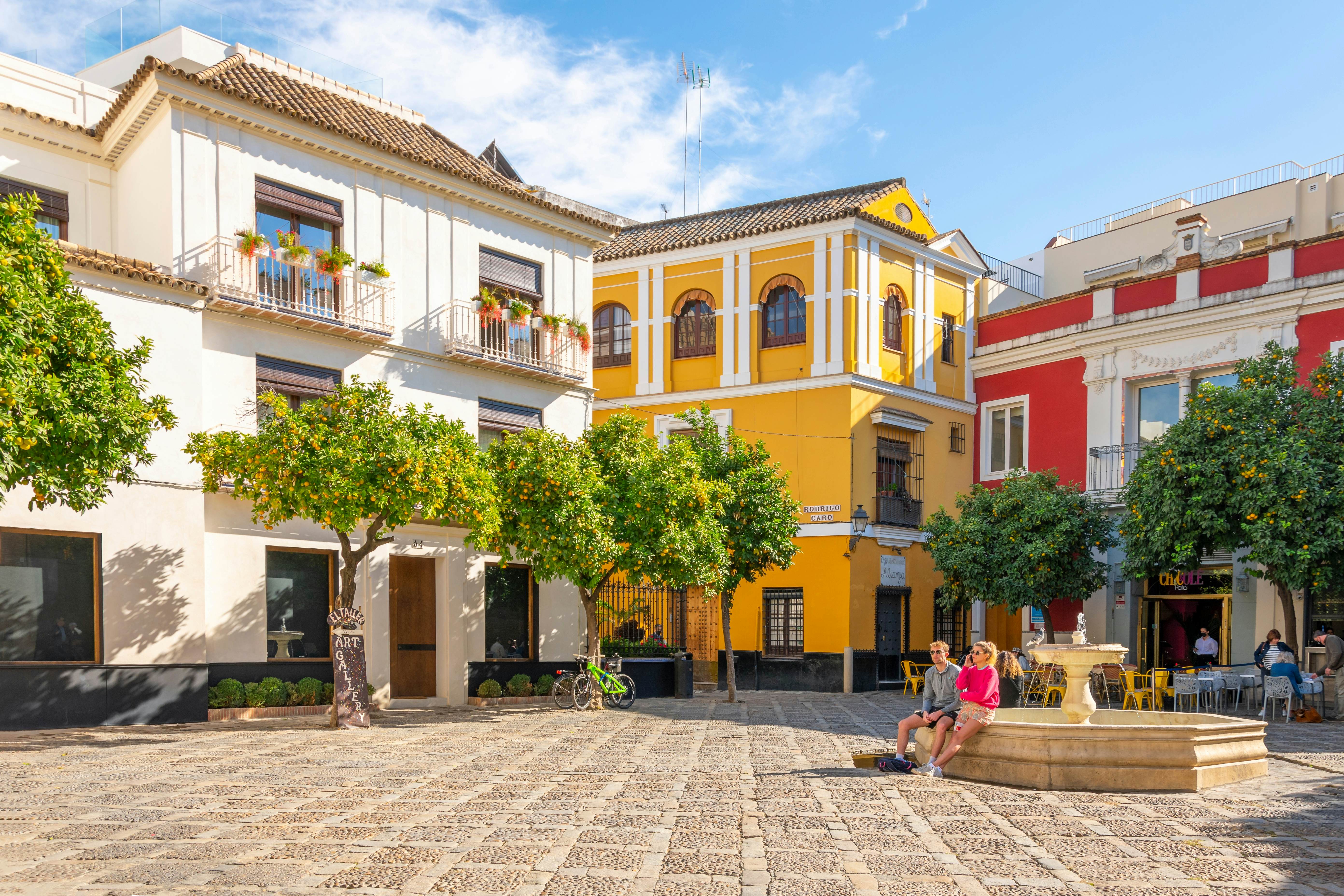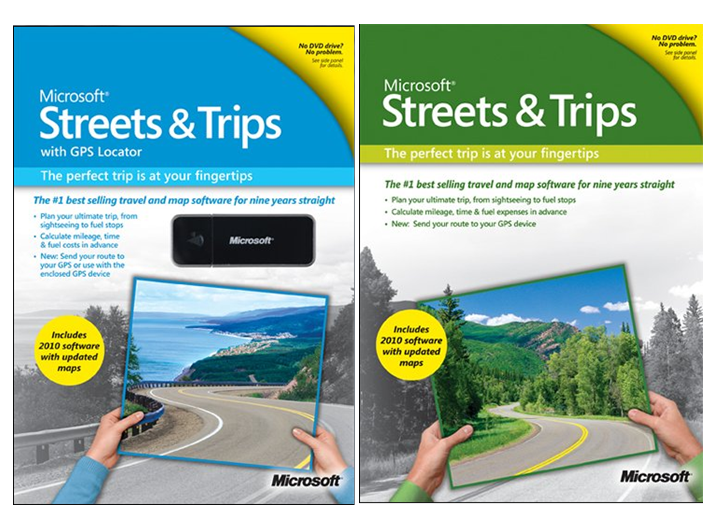

Is it fair to me that we spent $62 billion to develop the F-22 fighter plane, when I don't feel any safer because of it? But I digress. I'm personally not very sympathetic - pretty much every decision society makes is unfair to somebody. As noted above, people may feel that it's not fair that they have to pay for other people's bus tickets, even if it does make everyone better off.Somebody will end up paying for lots of trips that didn't really need to be made.

#Programa como streets and trips free free#
#Programa como streets and trips free drivers#
Free transit is a poor substitute for making drivers pay actual costs of driving.But in any case our society is not run by economist philosopher kings.īecause economists famously don't agree on anything I have to point out that there are also economic arguments against making transit free: Again Robert will say that's not fair, but this is not a fairness argument but a collective benefit argument. Kolker will say that making the price zero don't make it free - somebody somewhere is paying - and he's right, but under some conditions you can probably show that making everyone pay to make transit free for some people actually makes everyone collectively better off. The technical term for the second argument is "public good." It's good for everyone if transportation costs are reduced - workers can get to more jobs, companies can choose from more workers and more suppliers, people can take more spur-of-the moment road trips to outlet malls, etc. But in the absence of those, subsidizing public transit (which gets people to drive less than they otherwise would) is kind of a second best solution. And if there were an additional tax on gas dedicated to relieving air pollution and improving respiratory health (the existing gas tax in the US only pays for roads) that would make drivers pay the cost of pollution and also be economically efficient. (I'll wait for everyone to stop laughing before I continue.) That's why economists and planners have been fantasizing about congestion pricing for so long - in a well-designed congestion pricing scheme, drivers actually pay more when they choose a congested road. These are real costs, measurable in environmental damage, health care costs, and wasted time, that other people have to pay for.Įconomists like efficiency, and efficient economic systems are ones in which people pay for costs directly, because then they can make choices rationally. Every time you start your car and get on the road, you put mono-nitrogen oxides, VOCs, ozone, and carbon dioxide in the air, and you make the road more crowded and thus slower. The technical term for the first one is "negative externality," and there are two big ones associated with cars: pollution and congestion. Everyone benefits when people can travel around freely.Cars impose a lot of costs on society that drivers don't pay for.There are a couple of economic arguments for making public transportation free (or at least cheaper than it costs to provide:) Addressing Inequality With Transit Policies


 0 kommentar(er)
0 kommentar(er)
